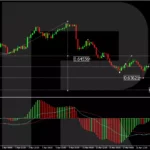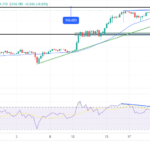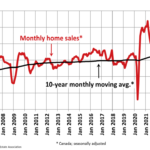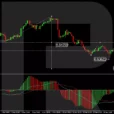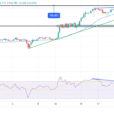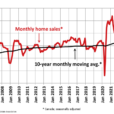

The second round of French regional elections will be held this weekend. The first round last weekend saw the National Front do best in terms of popular votes and led in six of the twelve regions. The National Front is not simply anti-austerity, but it is anti-EMU.
In regions that NF garnered more than 40% of the vote, the Socialists have withdrawn their candidate and urged their supporters to vote for the center-right candidate to boost the chances of defeating NF. Sarkozy, who heads up the newly-named center-right Republicans, refuses to make a similar concession. Nevertheless, when the votes are tallied, the NF is expected to win one, and possibly two regions.
This is not to downplay the regional elections. Rather the importance is that it offers a foretaste of things to come. The French presidential election is just less than a year and a half away. Although France has a parliamentary system, it is highly centralized, and the President is the key national leader. Hollande’s public support has risen over since the 31 October attack, but the Socialists polled in third place national count last weekend.
The macro issues play into the NF’s hands. The terrorist attack, the refugee challenge, high unemployment (no improvement under the Socialists as the unemployment rate reached an 18-year high in October of 10.6%). Some observers see the NF as blurring the “right” “left” distinctions. It is defending the extensive French welfare state (that accounts for 57% of GDP)while at the same time being nationalisticin the extreme. It sees EMU as a two-fold attack on its sovereignty. The first emanates from Brussels (that is portrayed as doing Germany bidding) and the second comes from it claims is the neoliberalism and the “dictatorship of the markets.”
What the right/left mix hypothesis misses is that the mix is not new. It had a name. National Socialism. When the Great Financial Crisis hit, market participants feared left-wing socialism as numerous governments took ownership stakes in banks. There was a large expansion of the role of government (and central banks). However, at the time we warned of the greater risk of right-wing socialism, National Socialism or Fascism.



